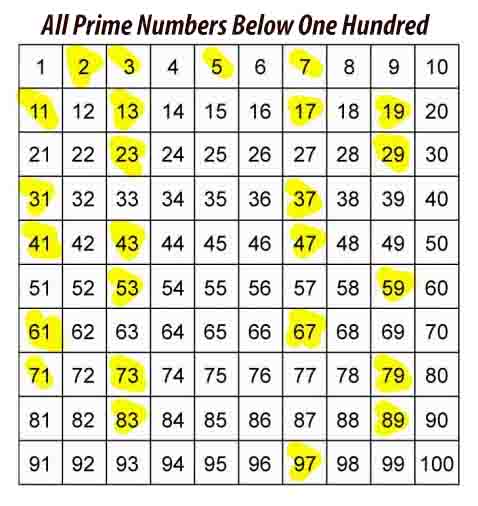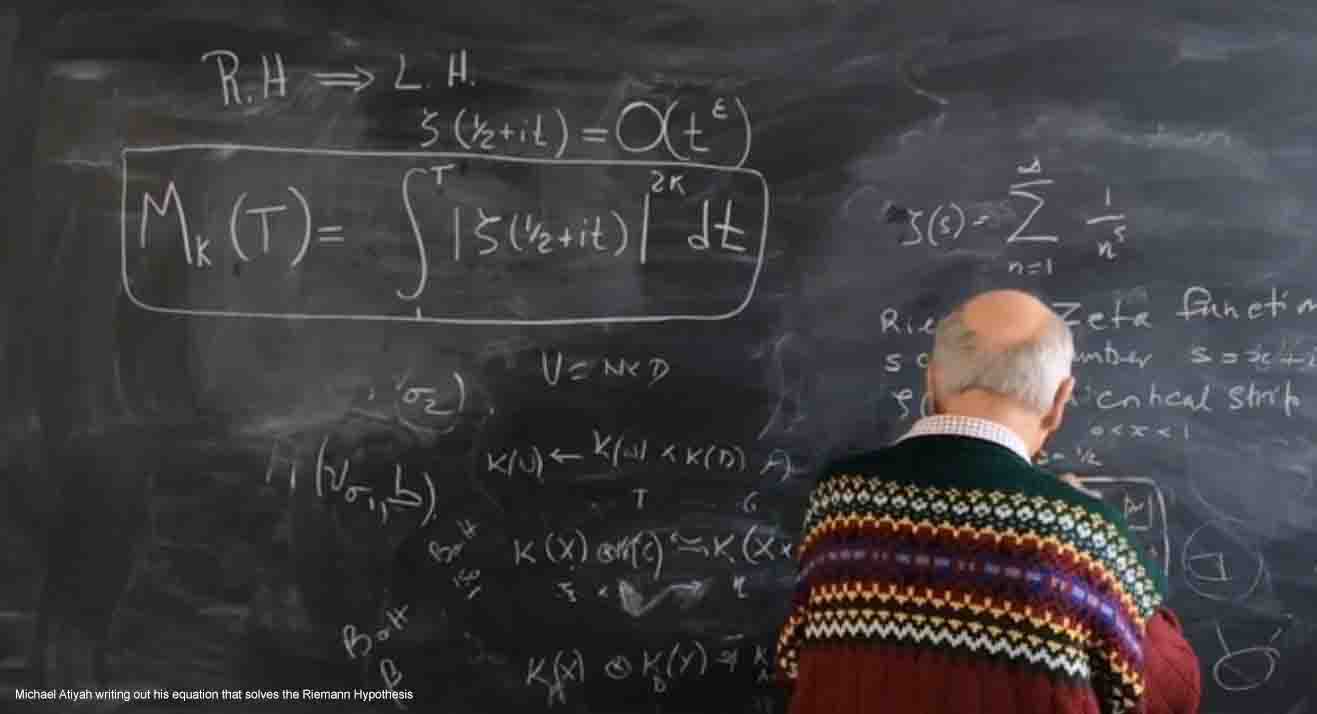An exclusive interview with mathematician Michael Atiyah
MICHAEL ATIYAH was born in 1929 and received his B.A. and Ph.D. from Trinity College, Cambridge (1952, 1955).
During his career he has been Savilian Professor of Geometry at Oxford (1963-69) and Professor of Mathematics at the Institute for Advanced Study in Princeton (1969-72).
He is currently a Royal Society Research Professor of Mathematics at Oxford University.
Among other honours Professor Atiyah is a Fellow of the Royal Society and a member of the National Academies of France, Sweden, and the USA.
He received the Fields Medal at the International Congress of Mathematicians held in Moscow, 1966.
His research interests span a broad area of mathematics including topology, geometry, differential equations and mathematical physics.
In 2018 Michael Atiyah announced that he had solved the Riemann Hypothesis.
In mathematics, the Riemann hypothesis is a conjecture that the Riemann zeta function has its zeros only at the negative even integers and complex numbers with real part.
Many consider it to be the most important unsolved problem in pure mathematics.
About his solution to the Riemann hypothesis.
Mr Atiyah said: "My paper on the Riemann hypothesis was never submitted, it was leaked.
"I passed it to a friend, suddenly with social media as it is, it was leaked.
"It spread world wide, I wasn't ready for it. I was caught by surprise.
"That's what happened, and now I have no choice but to write it up.
"They will say, he hasn't written it down so where is the proof.
"But a lot of the time when I write things down it doesn't get accepted for publication, because I am old.
"Now I am writing it down and I am trying it on a few friends that won't leak it. Then I will be ready for it to be cross-examined."

About his Experience with Negativity about his Solution to the Riemann Hypotheses.
Mr Atiyah added: "Ageism is a theme.
"How does an old man with a good idea try to persuade the expert public to take him seriously?
"This story would make a magnificent drama.
"I know a lot of good artists who could take it and make a good drama out of it.
"One person that could do it would be Michael Frayn.
"He wrote a brilliant play called Copenhagen.
"It was very philosophical.
"It was about a meeting in 1940 in occupied Denmark when Heisenberg, you may have heard, he was born in Copenhagen.
"Copenhagen was under Nazi Occupation.
"The other person was Niels Bohr.
"The theme was, were the Nazi's going to build a nuclear bomb.
"It was a fantastic success.
"He managed to combine the uncertainty of Quatum Mechanics with the uncertainty of truth."
Mr Atiyah on the Brain being Compared to being like a Computer.
Mr Atiyah said: "Of course that's one of my pet phobias, the brain is much more complicated.
"People who say well with all the latest developments in technology, like who I met when I went to the meeting in Heidelberg, they were talking about advancements in assisted learning, and that eventually we will have thousands of robots who will do everything for us, including mathematics.
"I said nonsense, you are never going to beat human evolution.
"The human brain is vastly more complicated.
"People try to model the brain, but I guess now we are just in the foothills.
"People like Alan Turing knew this, but the modern guys who are high on technology and money.
"Give me more money and I'll solve all the problems in the world, like Big Data.
"People think that with Big Data you can solve any problem.
"The bigger the data, the bigger the problem you can solve.
"But the big problems in the world are much bigger than big data."
